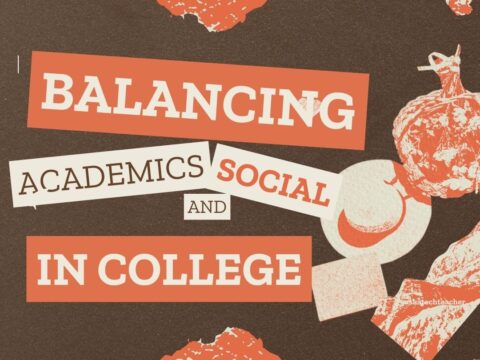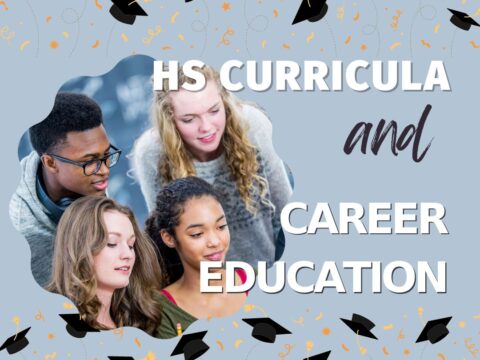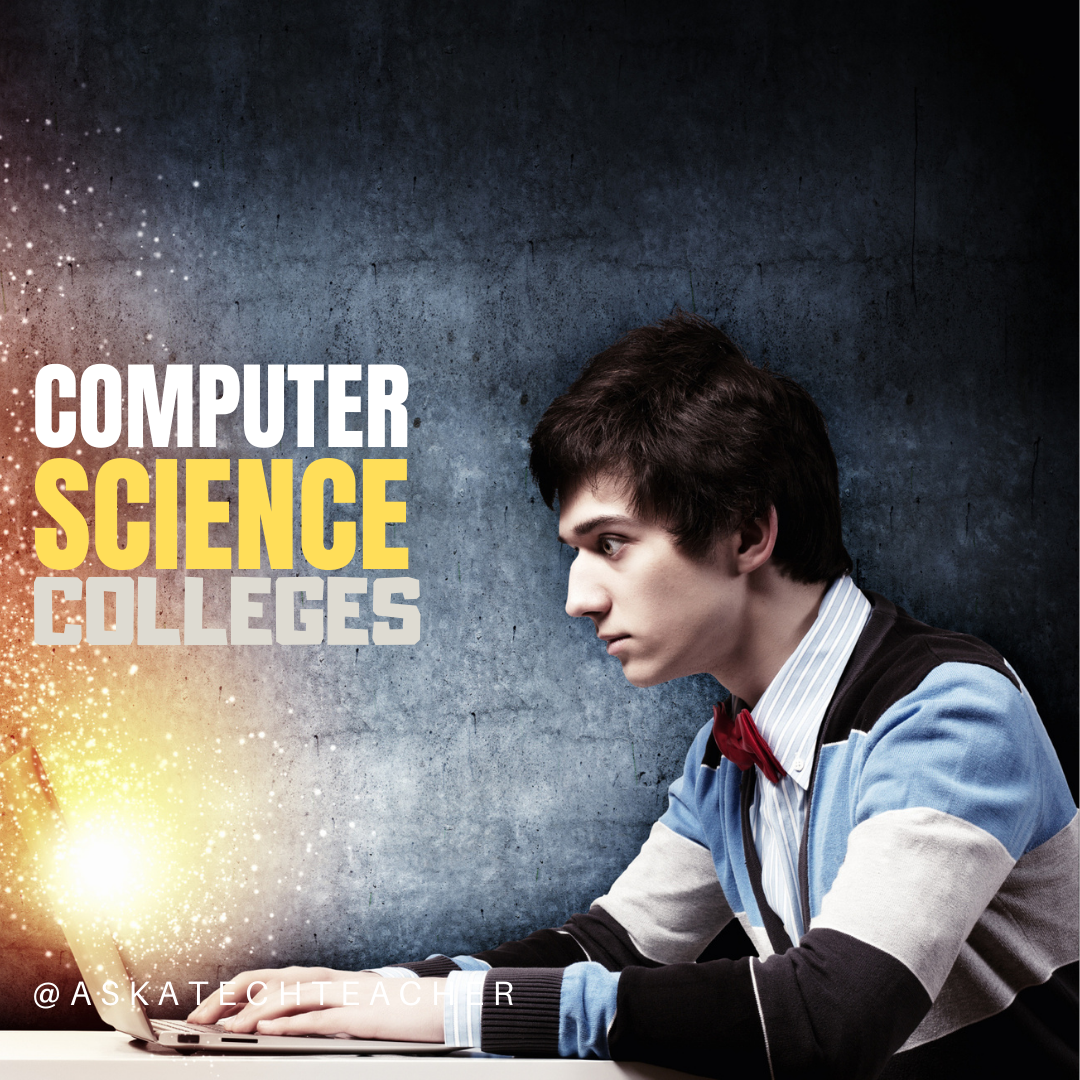E-Books and Online Libraries in Modern College Education
One of the most significant archives of human knowledge and learning’s quiet companions, libraries have made an undeniable impact. As far back as history reaches, they played a vital role in helping students. We wouldn’t be where we are without them. Their shelves are stacked with the wisdom of civilizations, offering a passage through time for anyone willing to explore them. Libraries have always been a trusted educational sidekick since people started learning stuff. You might think libraries are withering away, but it’s not true. They’ve changed into online treasure hubs to help kids access education. Further, we will examine how libraries and schooling have always been connected and how important they are in shaping people’s paths and changing lives.
The Emergence of E-Books in College Education
Traditional textbooks are the foundation of a student’s academic life but have limitations. Heavy, bulky, and more often than not too expensive, these books can be a burden. Their versatile digital format made Ebooks indispensable in improving education’s learning experience. Students no longer have to carry heavy backpacks full of stacks of printed textbooks.
The digital library has introduced an approach connecting students to personalized methods to access their courses. The ability to obtain study materials at any time from any location and on devices is one of the benefits of the modern era. Colleges need to adopt and support this advancement. Each student learns at their pace – flexibility encourages independent studying, surpassing previous methods. The digital book symbolizes the liberation of learning – it’s not only for the wealthy or the privileged. As long as you have access to a screen and internet, you can open millions of books and the whole world’s information.
Unlocking the Potential of Online Libraries
To many, a library is made of brick and mortar and big walls filled with old and new books. But as beautiful as it may seem, it is also restrictive to numerous categories of people. If we have the means to get the books to as many students as possible, it is our responsibility to do so. And online libraries are the answer to how to do it. They transcend these physical limitations, offering a world of information at your fingertips, accessible anytime from anywhere with an internet connection.
Reservoirs of Diverse Digital Information
Online libraries ensure knowledge is accessible around the clock. They have almost any book a student might require without any constraints or judgment. And the digital library importance is unmatched. Their content is so diverse anyone who has access to it opens the gate to a plethora of information that would be hard to approach in other ways.
You can find e-books, research papers, articles, and interactive learning materials on their virtual shelves. This not only rivals a regular library but also indicates that digital platforms offer a more extensive collection of materials in ways the traditional ones don’t.
Accessibility and Convenience for Students
No matter where they are, young learners worldwide find the same textbooks with a few clicks. Here are a few ways digital education has improved the learning process:
- No physical boundaries: Students no longer have to worry about due dates and late fees, what hour the library closes, or if the road is accessible.
- User-friendly navigation: If you need specific information, searching for a word or similar phrase makes it much easier to find the document or sentence you seek. This turns digital platforms into faster and more convenient hubs.
- Personalization: E-books provide valuable features that make reading easier, like bookmarking pages you want to return to, highlighting passages, and adding notes.
- Besides your textbook, you can use note-taking and research apps, which help streamline studying. Such applications keep researching entertaining by letting you quickly bounce between sources. A great example is Keepnotes, which can speed up and facilitate learning. Also, a large database is a good option for students.
The Digital Library Revolution
In the 21st century, in a world where people fight against the online taking of our lives, preferring digital information technology is a rebellion. But changing libraries from quiet places to lively info hubs could be like bringing education back to life. The main thing about a digital library is it’s a virtual spot for all kinds of resources. From ebooks to research papers and more, it’s somewhere you’ll be able to find what you’re looking for. A digital library is a virtual space for diverse resources. From e-books to scholarly papers and much more, it’s a place where information is available.
And regarding education, these libraries are not simply a convenience but a lifeline. It’s a clear example of modern education: facilitating research, scholarship, and knowledge. Academic institutions rely more on digital libraries to provide their students and faculty access to a vast and ever-expanding universe of information.
Complements to Tradition
What do the digital library and its traditional companion have in common? Their love for spreading knowledge. It’s not about replacing the past but enhancing it. Digital resources complement conventional educational approaches, ensuring scholars always use the latest research.
One example of how online libraries for students have changed the education landscape is through their accessibility. They provide equal access to information, tearing down geographical and economic barriers that stood in the way of people worldwide. The libraries help students from undeveloped areas push for more and strive for greatness while providing the tools to succeed.
The last and most profound change that online platforms for books have brought is the promotion of self-directed learning. Information is abundant and available at our fingertips, so the responsibility falls on us. Students are empowered to find their way through the millions of online books and dive deep into the subjects, igniting their passion.
Future Prospects: E-Books and Digital Libraries in College Education
Exciting and promising are the words to consider the future of e-books and digital libraries. Keeping this in mind, here are some trends we anticipate:
- Interconnected: E-books will evolve beyond simple text and images, becoming more entertaining. We expect new learning experiences using videos, simulations, and interactive quizzes to make it all more immersive.
- Artificial Intelligence: AI plays a big role in learning. E-books and digital libraries will use AI algorithms to recommend resources centered around the reader’s history and books based on a student’s preferences.
- Global collaborative learning: It’s going to be simpler for students to connect to others and expand their knowledge between cultures.
The digital revolution in education will rely on interactive e-books and libraries. And their future is not a promise. It’s a commitment to a more inclusive education. It’s a long journey towards a world where knowledge knows no boundaries. This helps tear down old barriers and create a future based on more variety and teamwork in education.
–image credit Deposit Photos
Here’s the sign-up link if the image above doesn’t work:
Jacqui Murray has been teaching K-18 technology for 30 years. She is the editor/author of over a hundred tech ed resources including a K-12 technology curriculum, K-8 keyboard curriculum, K-8 Digital Citizenship curriculum. She is an adjunct professor in tech ed, Master Teacher, webmaster for four blogs, CSTA presentation reviewer, freelance journalist on tech ed topics, contributor to NEA Today, and author of the tech thrillers, To Hunt a Sub and Twenty-four Days. You can find her resources at Structured Learning.






































